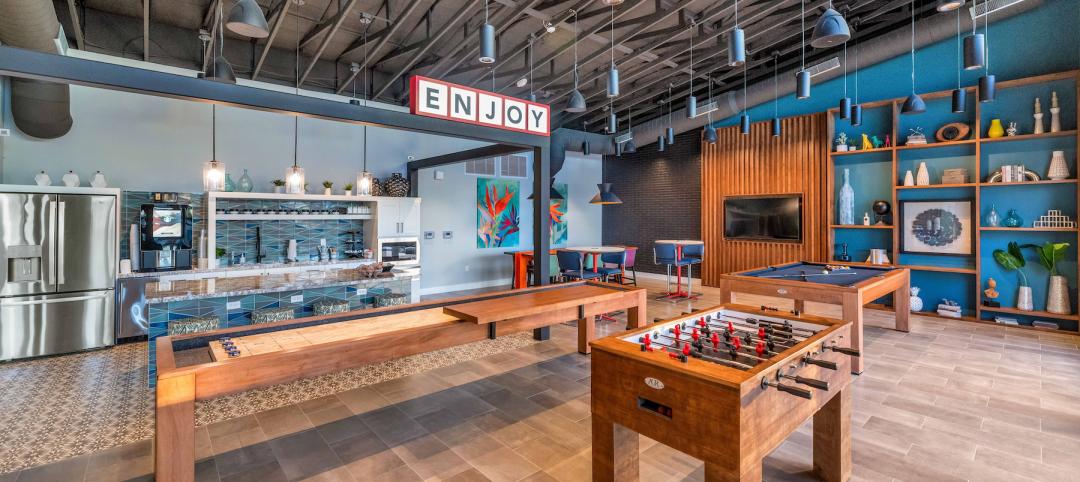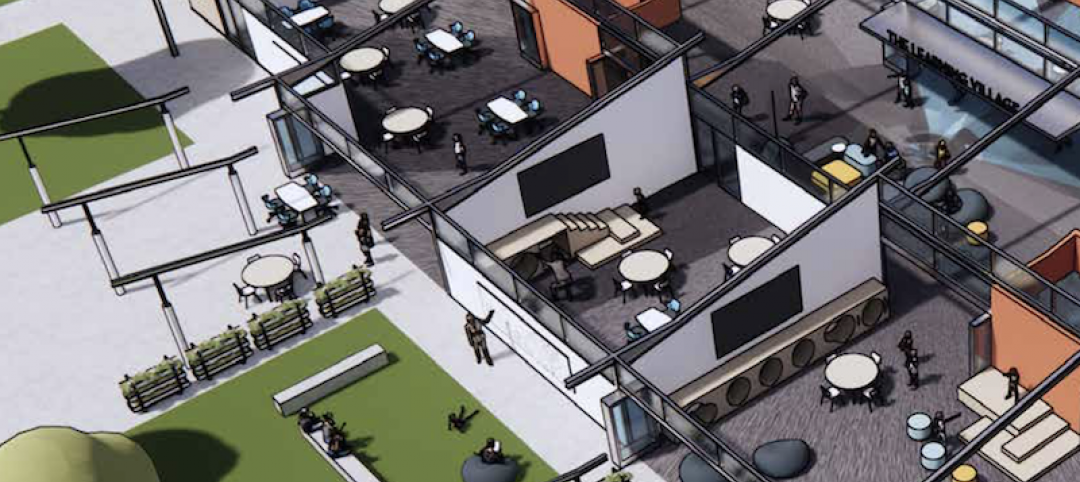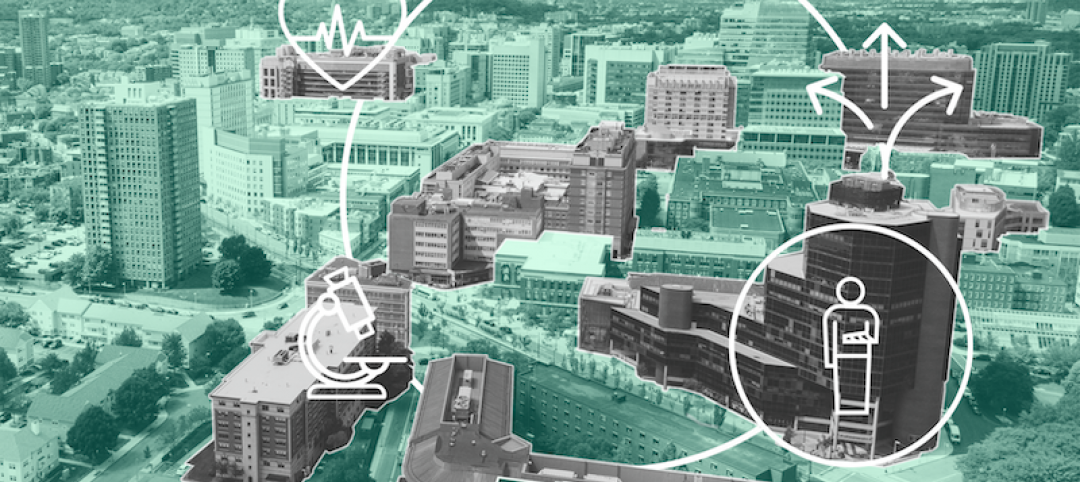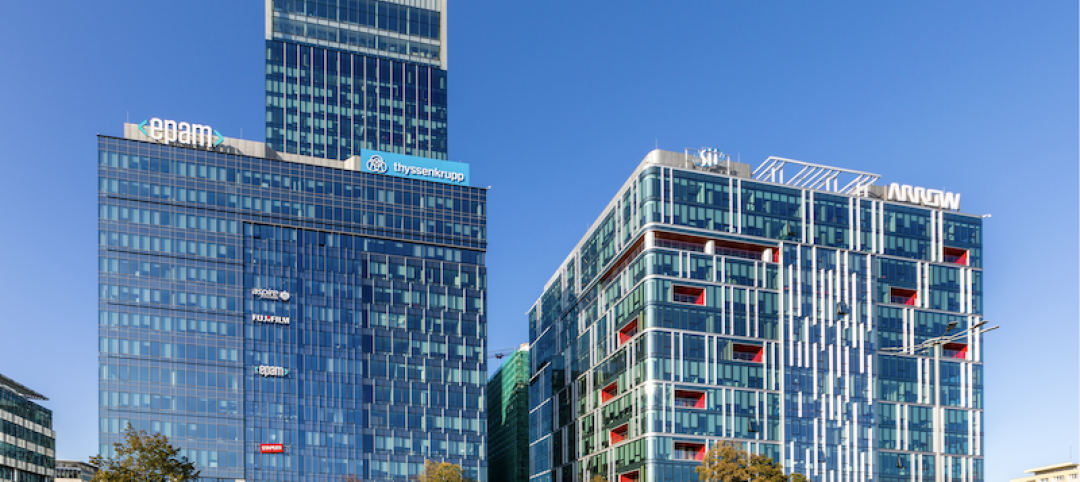The fast-worsening COVID-19 pandemic has triggered layoffs at more than a quarter of construction firms responding to an online survey released today by the Associated General Contractors of America. The finding, based on responses from earlier this week, contrasts with the government’s monthly employment report for March, which found that construction employment declined by 29,000 as of mid-March.
“The March employment data does a better job reflecting market conditions before the pandemic than it does the widespread disruptions that have occurred during the past few weeks,” said Ken Simonson, the association’s chief economist. He noted that the federal employment figures are based on payrolls as of March 12, when relatively few states or individual owners had directed contractors to stop work. “Our survey, meanwhile, indicates rapidly deteriorating labor and market conditions for the construction sector.” Click here for additional video comments from Mr. Simonson.
See BD+C's ongoing coverage of the AEC business impacts of COVID-19
Simonson added that 27% of respondents to the survey reported that they have furloughed or terminated construction workers. The share of firms that said they had been directed to halt or cancel projects by their clients had jumped to 55% from 39% the week prior. Over one-quarter of respondents reported they had been directed to stop construction activities by government officials.
In addition, 59% of respondents in the latest survey reported a variety of problems causing project delays or disruptions, compared to 45% last week. The most common source of delay or disruption, cited by 35% of respondents, was shortages of material, parts and equipment, including vital personal protective equipment for workers such as respirators. Twenty-eight percent reported shortages of craftworkers, while 16% said projects were delayed by shortages of government workers needed for inspections, permits and other actions.
The government employment data showed employment as of mid-March totaled 7,605,000, an increase of 162,000 (2.2%) from a year earlier. The March total followed a mild winter in which industry employment hit an 11-year high in February.
Association officials said the new employment and survey figures indicate that more needs to be done to prevent broader job losses and economic hardship for the construction sector as demand continues to shrink. They urged federal officials to begin working on new recovery measures, including greater investments in infrastructure, compensation for pandemic-related losses on federal projects and measures to protect pensions for many construction workers.
“We are just beginning to appreciate the severity of the economic impacts of the pandemic for construction workers and their employers,” said Stephen E. Sandherr, the association’s chief executive officer. “Washington officials have an opportunity, however, to use the construction industry as the vehicle for rebuilding our economic once the pandemic passes.”
View AGC’s coronavirus resources and survey. View comparative data here.
Related Stories
Multifamily Housing | Jul 7, 2021
Make sure to get your multifamily amenities mix right
One of the hardest decisions multifamily developers and their design teams have to make is what mix of amenities they’re going to put into each project. A lot of squiggly factors go into that decision: the type of community, the geographic market, local recreation preferences, climate/weather conditions, physical parameters, and of course the budget. The permutations are mind-boggling.
Multifamily Housing | Jun 30, 2021
A post-pandemic ‘new normal’ for apartment buildings
Grimm + Parker’s vision foresees buildings with rentable offices and refrigerated package storage.
Multifamily Housing | Jun 23, 2021
COVID-19’s impact on multifamily amenities
Multifamily project teams had to scramble to accommodate the overwhelming demand for work-from-home spaces for adults and study spaces for children.
K-12 Schools | Jun 20, 2021
Los Angeles County issues design guidelines for extending PreK-12 learning to the outdoors
The report covers everything from funding and site prep recommendations to whether large rocks can be used as seating.
Coronavirus | May 17, 2021
Future pandemic preparedness at the medical district scale
The current COVID-19 pandemic highlights the concern that we will see more emergency events in the coming years.
University Buildings | Apr 29, 2021
The Weekly Show, April 29, 2021: COVID-19's impact on campus planning, and bird management strategies
This week on The Weekly show, BD+C Senior Editor John Caulfield interviews a duo of industry experts on 1) how campus planning has changed during the pandemic and 2) managing bird infestations on construction sites and completed buildings.
Multifamily Housing | Apr 22, 2021
The Weekly Show, Apr 22, 2021: COVID-19's impact on multifamily amenities
This week on The Weekly show, BD+C's Robert Cassidy speaks with three multifamily design experts about the impact of COVID-19 on apartment and condo amenities, based on the 2021 Multifamily Amenities Survey.
Industry Research | Apr 9, 2021
BD+C exclusive research: What building owners want from AEC firms
BD+C’s first-ever owners’ survey finds them focused on improving buildings’ performance for higher investment returns.
Coronavirus | Mar 31, 2021
Theatrical fog formula approved as antimicrobial air treatment
At least two solutions are being used to make ventilation systems safer.
Office Buildings | Mar 30, 2021
WELL Institute certifies a gigantic office complex with its highest health and safety rating
Poland’s Olivia Business Center one of the first to install ion air purification devices.

















